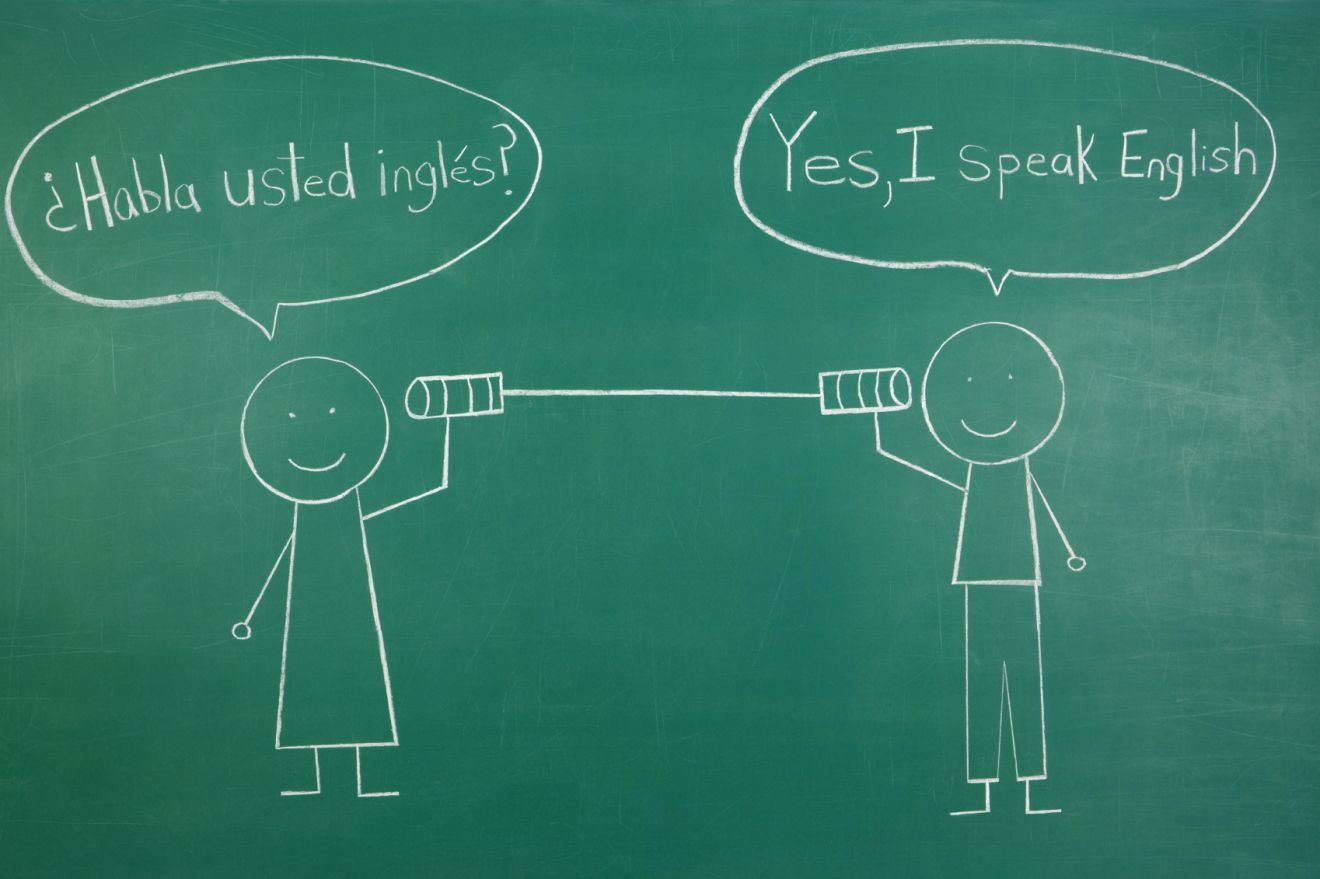
People who speak more than one language are more likely to be smarter, but they might have a smaller vocabulary
South Korean Kim Ung Yong started speaking at four months old, and was able to read in four languages – Japanese, Korean, English, and German – by the time he was two. His IQ was estimated at 210, not far off the highest recorded score of 228. Another famous child genius, the American William James Sidis, was reportedly fluent in eight languages before he turned ten years of age.
While the vast majority of people will never be polyglots like Kim and Sidis, globalisation has led to many children being exposed to more than one language – English and their native language – from an early age. These children may not speak more than two languages, but having more than one language in the mind helps the brain develop certain skills.
“When bilinguals speak one language, there is no need to activate the other language system but they do anyway,” explains Yang Hwajin, Assistant Professor of Psychology at Singapore Management University (SMU). “When bilinguals speak one language, their other language system is still activated – this is called language co-activation. For multilinguals, all the language systems are activated when they speak one language.
“When you have multiple language systems activated in your mind, you will hold off the interference from the language systems that aren’t necessary at that point. You need to focus on the relevant language systems while inhibiting irrelevant ones. You use your cognitive resources to manage multiple languages.”
Bilinguals at work
Yang, who was presenting her research at the recent SMU Behaviourial Sciences Institute (BSI) seminar, “The Cognitive Advantages of Bilingualism”, explains the ability to manage multiple languages as an “executive function”.
“Executive functions are like a supervisor: it integrates and coordinates information,” says Yang. “Bilinguals are better at executive functions. While we are talking, we are using a wide range of cognitive functions. First you need to update the information that you’re receiving, hold it in your mind and keep updating it. If there is irrelvelant information, such as a joke, then you need to inhibit it and stay focused on what’s being communicated. We use inhibition processes as well as paying attention to what’s being said; we use multiple cognitive processes.”
Executive function, Yang explains, is highly correlated with intelligence, which in turns is a good predictor for job performance. That begs the question: are bilinguals more likely to perform better at work?
“Monolinguals do catch up with bilinguals,” Yang clarifies. “The beneficial effects of bilingualism are especially pronounced in early childhood and late adulthood. During adolescence and young adulthood, people are exposed to many different kinds of experiences, so we may not see significant differences amongst people with different language profiles.”
"Executive functions are like a supervisor: it integrates and coordinates information. Bilinguals are better at executive functions."
She adds, “Jobs are very complex. We rely on many different cognitive processes at work. Even simple jobs, such as cleaning, require reasoning and thinking. For example. If I cleaned up this corner yesterday, I might not have to do it again today. It’s an example of cognitive processes at a lower level, but it still takes up cognitive resources.”
Monolinguals = better vocabulary
While being bilingual or multilingual is often a sign of intelligence, there are also drawbacks. Yang explains that monolinguals have a larger “receptive vocabulary”.
“I use certain vocabulary to express myself, and I also understand some vocabulary although I cannot express it. Once I hear it, I can guess the meaning, and I can make sense of that particular word; that’s receptive vocabulary.
“From the linguistic point of view, monolinguals show better linguistic ability because their vocabulary size is bigger, and their lexical knowledge is better. Research concluded that bilinguals’ lexical knowledge is poorer than monolinguals’.”
But fret not, bilinguals and multilinguals: in the same way that monolinguals catch up in executive functions in adulthood, those who speak more than one language do not suffer in school.
“Some researchers divided the vocabulary into school language and home language,” Yang says. “They found that bilinguals performed poorly in the home language only, but there was no difference in the school language compared to the monolinguals. Bilinguals’ lexical knowledge was no worse off compared to monolinguals, but there was a difference when it came to their home language because it was a different language from the school language.
“As a result, bilinguals have a limited vocabulary when they use the home language but they do not have any disadvantages otherwise.”
edit Mar 25 2015: Research referred to by faculty: http://journals.cambridge.org/action/displayFulltext?type=1&fid=7887975&jid=BIL&volumeId=13&issueId=04&aid=7887973&bodyId=&membershipNumber=&societyETOCSession
Follow us on Twitter (@sgsmuperspectiv) or like us on Facebook (https://www.facebook.com/PerspectivesAtSMU)